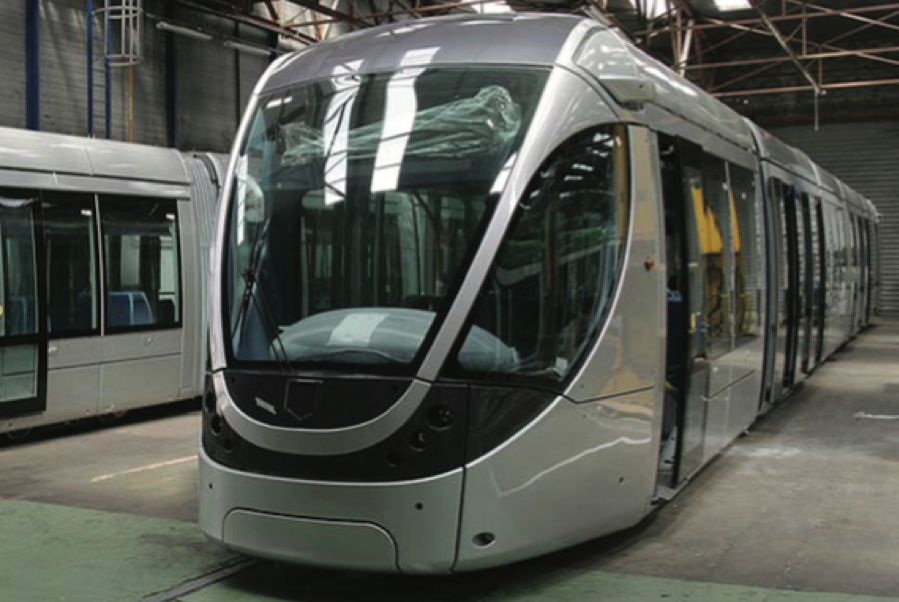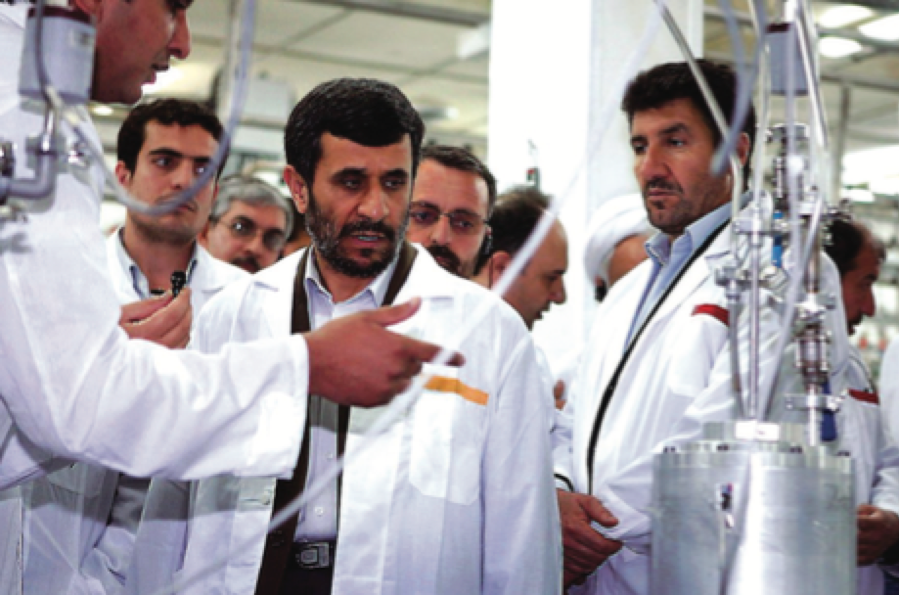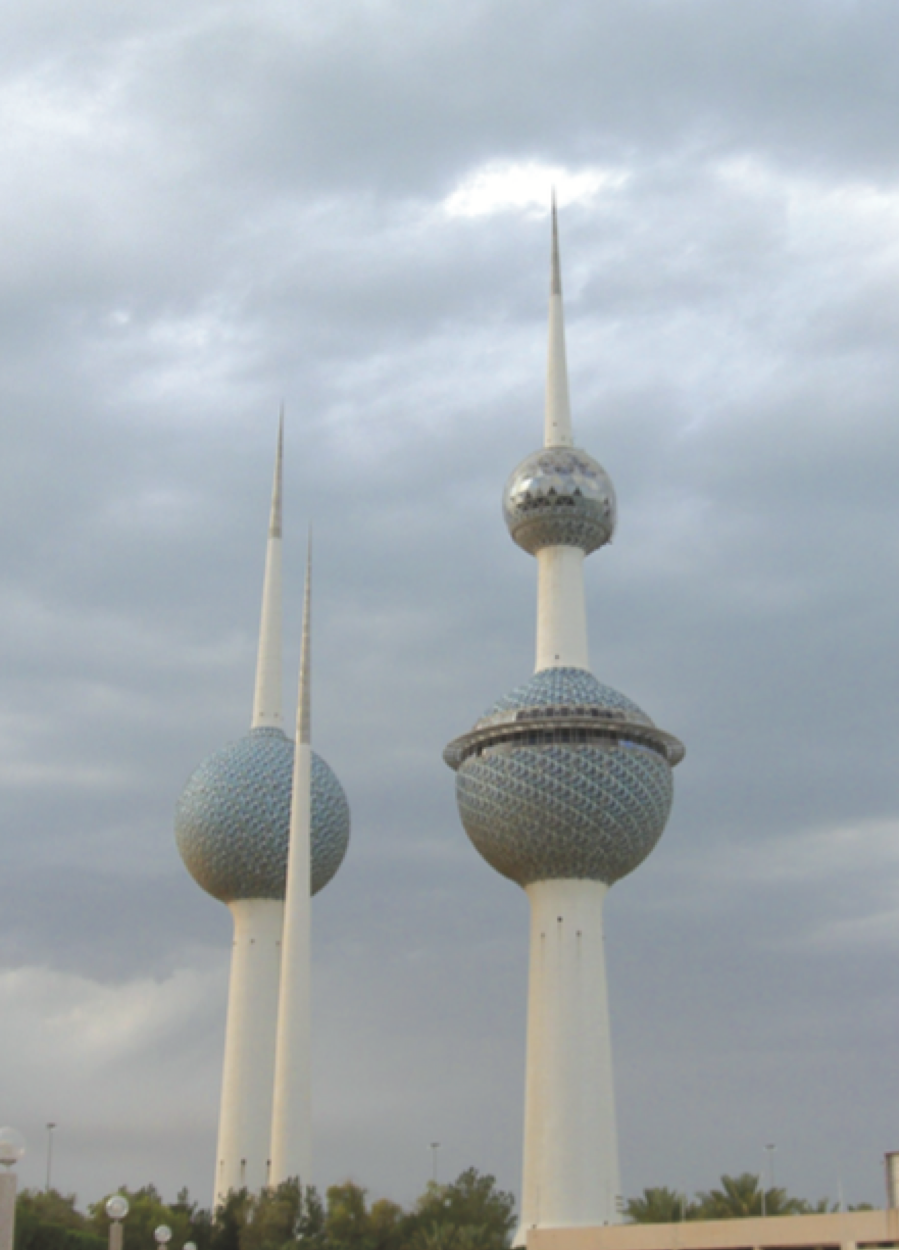In recent years, investing has gradually become a more moral affair, as shareholders have grown aware of the fact that owning a company stake, however small, brings along a shared responsibility for any illegal or harmful actions. Consequently, they may voice concerns at annual meetings or opt to divest, as French companies Alstom and Veolia Transport (VT) have encountered due to their participation in the Jerusalem light rail project.
Formulated in 2000, the project foresees the construction of eight tramways by 2020. A 30-year-BOT contract with a value of some $500 million to construct the first line was awarded to Citypass, a consortium of several Israeli firms, Alstom and VT. Alstom started construction in 2006 and will also supply the carriages, while VT is to operate the line from 2010 onward.
As part of the project, in June 2008 the Jerusalem municipality inaugurated the landmark Bridge of Strings, which with a height of 119 meters now dominates the city skyline. So far, it seems all business as usual. Due to the hike in oil prices, public transport is making a grand comeback all over the world and the Holy City is no exception.
But then business is never just “as usual” in Jerusalem. The problem with the 13 km railway is that it links West Jerusalem, via East Jerusalem, with two of the largest settlements in the West Bank. Opponents argue the project violates the 4th Geneva Convention and UN Resolution 242, which calls for a complete withdrawal of Israeli forces from the territories occupied during the 1967 War. By participating in the project, Alstom, VT, and their shareholders help strengthening an illegal occupation.
As soon as news of the Citypass contract reached Europe, pro-Palestinian organizations started to vent their objections, which rapidly reached the ear (attention) of shareholders. In March 2006, some 1,000 made their concerns heard at the Alstom annual general meeting. Two French pro-Palestinian organizations even went on to sue Alstom and VT for violating international law. The next hearing will take place on September 15.
The French firms have so far downplayed allegations, arguing that both Palestinians and Jews can use the tramline, and that the Palestinian Authority (PA) has embraced the project. The first may be true, although most of the tramway clearly aims at connecting Jewish suburbs. However, PA President Mahmoud Abbas has objected to the project. And so did the Arab League.
The story did not stop in France. In May 2006, a group of account holders at the Dutch ASN Bank raised questions over the bank’s shares in VT’s mother company Veolia Environment. ASN markets itself as an “ethical bank,” which means it does not only apply financial criteria when selecting investments, but also takes into account environmental and social criteria, including human rights violations, whereby UN resolutions are perceived as a moral guide.
The shareholders’ protest was joined by two peace organizations, including a prominent Jewish one, which prompted ASN by the end of 2006 to announce: “We believe Veolia’s involvement in the light rail project is not in line with the UN’s demand to stop all support for Israel’s settlement activities, and is therefore not in line with the ASN Bank’s social criteria.” ASN is the first European bank to withdraw from a company linked to the Israeli occupation.
VT ran into some sort of trouble in Ireland as well. Having heard about the details of the Citypass contract, Dublin tram drivers working for VT Ireland called off a plan to train Israeli employees who are to operate the future railway. The Jerusalem project may have further consequences for the two French firms, while it could set a precedent for other companies doing business in Israel.
One of the most pressing questions Alstom shareholders presented the board of directors was if the Citypass contract might lead to negative repercussions elsewhere. A fair point, seeing that Alstom is one of the world’s leading suppliers of rail and tramway equipment and is active in Arab cities such as Tunis, Casablanca and Algiers.
Meanwhile in Holland it is expected that more investment and pensions funds may withdraw investments from Veolia, while ASN Bank has come under pressure to also end its relationship with the Irish company Cement Roadstone Holdings (CRH), which is the co-owner of the Israeli Mashav Group and as such a major supplier of cement in the construction of settlements and the wall between Israel and the West Bank.
Furthermore, there is increasing pressure on the Dutch ABN AMRO Bank, as it has shares in Caterpillar, a major manufacturer and supplier of bulldozers to the Israeli army, some of which come tailor-made with heavy armor and machine guns. While it is too early to tell if the actions by French and Dutch shareholders will set a precedent, the case did prove that the actions of a few can influence the policies of banks and major corporations. Who knows, maybe the private sector can succeed where politicians have failed for decades?
Peter Speetjens is a Beirut-based journalist.








